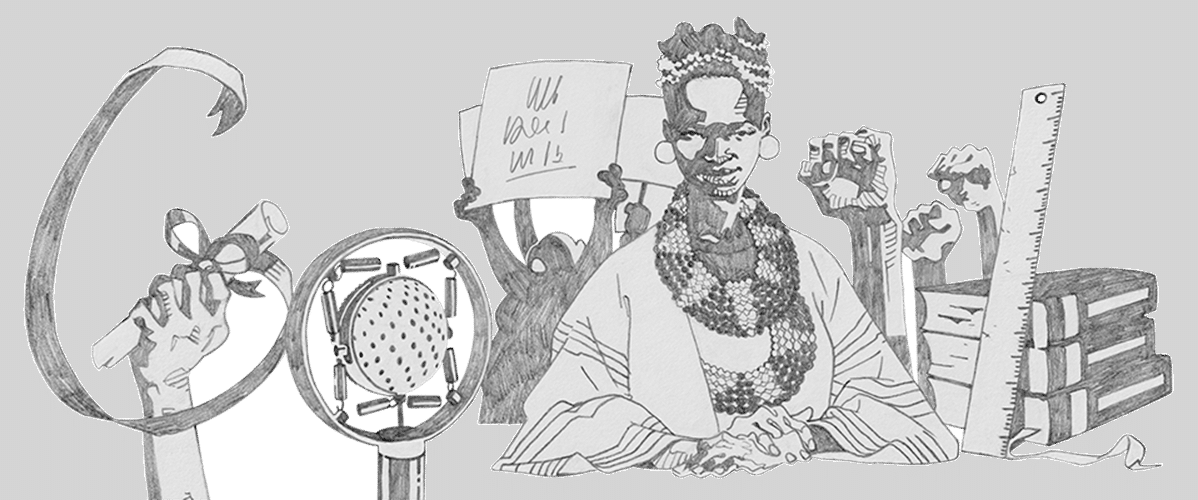Charlotte Maxeke: Pioneer of South African Women’s Rights and Education

Image Courtesy: Google Doodle
Charlotte Maxeke (7 April 1871 – 16 October 1939) was a South African activist, educator, and suffragist.
Life and Career
She was born on 7 April 1871, in Fort Beaufort, Eastern Cape, South Africa. She was a pioneering figure in the struggle for women’s rights and was the first black South African woman to graduate from an American university. Maxeke was born into a large and politically active family, and she grew up in a context of social and political change in South Africa. She was educated at mission schools and went on to study at Wilberforce University in Ohio, USA, where she received a degree in education. Upon her return to South Africa, Maxeke became involved in a range of social and political movements, including the suffragist movement and the anti-apartheid struggle.
Maxeke’s career was characterized by her commitment to social justice and her advocacy for women’s rights. She was a founding member of the Bantu Women’s League, which later became part of the African National Congress (ANC), and was a prominent voice in the movement for women’s suffrage in South Africa.
Maxeke also worked as an educator and was instrumental in the establishment of several schools for black South African children. She was a strong advocate for education and believed that it was essential to empower women and children and to promote social and economic development.
In addition to her work as an activist and educator, Maxeke was also a prolific writer and speaker. She wrote articles and speeches on a range of topics, including education, women’s rights, and the struggle against apartheid, and her work was widely recognized for its insight and eloquence.
Overall, Charlotte Maxeke’s legacy is a testament to the power of activism and education to promote social change and to the importance of women’s leadership in shaping the world we live in today. She remains an inspiration to women and activists in South Africa and around the world. She died on 16 October 1939, in Johannesburg, South Africa.
Award and Legacy
Charlotte Maxeke’s legacy is characterized by her commitment to social justice, her advocacy for women’s rights, and her contributions to education and activism in South Africa. She is widely regarded as a pioneering figure in the struggle for women’s rights and her work continues to inspire activists and educators in South Africa and around the world.
In addition, several institutions have been named in her honor, including the Charlotte Maxeke Johannesburg Academic Hospital and the Charlotte Maxeke Institute in Soweto, which provides training and support for women entrepreneurs. Maxeke’s legacy is also celebrated through various commemorative events, including the annual Charlotte Maxeke Memorial Lecture, which brings together activists, scholars, and community leaders to discuss issues related to women’s rights and social justice.
Overall, Charlotte Maxeke’s contributions to education, activism, and the struggle for women’s rights continue to have a profound impact on South Africa and on the global movement for social justice. Her legacy serves as a reminder of the power of education and activism to promote positive change and to empower marginalized communities. On 7 April 2022, Google celebrated Charlotte Maxeke’s 151st birthday with a doodle.
Observer Voice is the one stop site for National, International news, Sports, Editor’s Choice, Art/culture contents, Quotes and much more. We also cover historical contents. Historical contents includes World History, Indian History, and what happened today. The website also covers Entertainment across the India and World.

